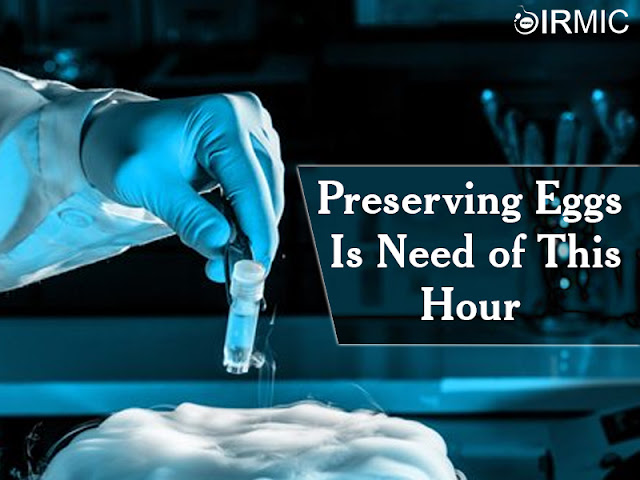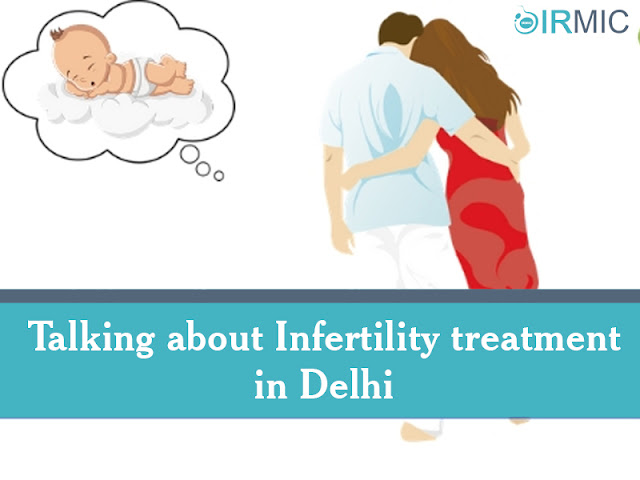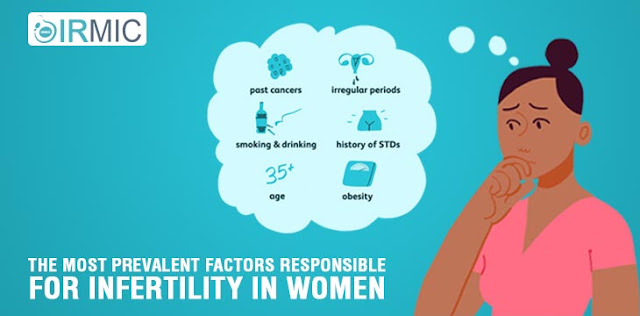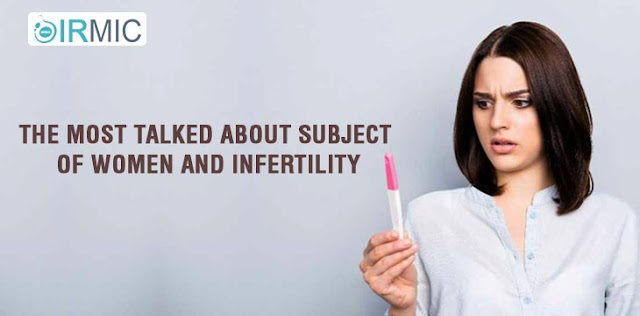Low Iron Levels May Impact Fertility
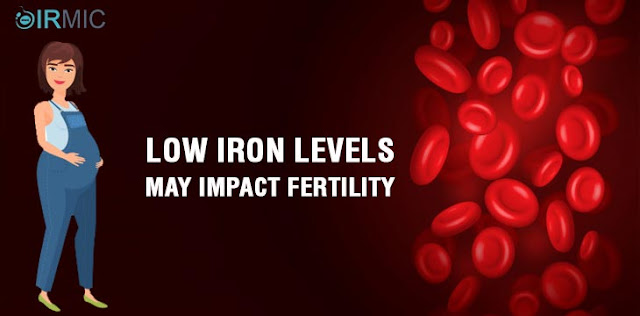
Most women know the value of taking enough iron once they are hopeful, but did you know that failing to get adequate iron before conception can prevent you from becoming pregnant? Experts from India have discovered that women who do not get adequate quantities of iron may suffer anovulation or lack of ovulation and perhaps poor egg health, which can restrain fertility at a rate 60% higher than those with sufficient iron stores in their blood. When the blood does not get adequate iron, anemia, or a deficient number of red blood cells, may emerge. As it is these red blood cells that transport oxygen to all of the body’s mass and organs including the ovaries and uterus, this insufficiency may make the eggs stored in the ovaries to decline over time and become unviable. Worse yet, should insemination occur, anemia makes it difficult for the growing fetus’ cells to divide and grow accurately. This may end in a miscarriage in some circumstances. Anemia Symptoms And
